Fashion Crush: Genia Mineeva
All Images: BEEN London
Words like circular and zero waste get thrown around a lot. We meet BEEN London’s Founder Genia Mineeva to discover what true circularity means and how she is reducing her carbon footprint without offsetting.
Designing from a point of minimising waste isn’t commonly the inspiration for a handbag brand. But then Genia Mineeva hasn’t gone about anything in a traditional way. Her career has been varied to say the least, from news journalist with the BBC, to working with NGO’s and Charities. In 2021, Genia’s handbag brand BEEN London proudly announced that it’s Columbia Crossbody bag has the same environmental footprint as a margherita pizza. Intrigued? We were, so we sat down to have a virtual Zoom chat with Founder and innovator Genia Mineeva.
An Unconventional Beginning
At The Vendeur, we meet more and more designers and brand founders that have come from totally un-fashion backgrounds. None more so than Genia Mineeva. After years working for the BBC as a news journalist, she couldn’t shake the feeling that she wanted to have more of an impact than just retelling other people’s stories. Stints working with Natalia Vodianova’s Naked Heart Foundation as Global Communications Director and then on the UN’s Sustainable Development Goals with Richard ‘Love Actually’ Curtis, cemented her need to do more. However through charity she saw a flaw. “I loved the social impact side of things, but wasn’t a big fan of the fashion side of things,” she told us via Zoom. However following a conversation with Mohammed Yunus (Nobel Peace Prize Winner and founder of the concept of social enterprise) she had a lightbulb moment. She could have a positive social and environmental impact, “without relying on donations but through building a company around a problem I cared about.”
First she had to decide on a mission. Having completed a degree in Sustainable Value Chains at Cambridge University, she had a good grounding to explore this. “The issue for me was waste,” Genia explains. “I started by researching recycled materials. I knew that roughly two thirds of every product’s carbon footprint is attributed to the production of virgin materials.” So she started ordering samples of recycled materials and thinking about what she could make with them. “I thought ‘I could make handbags.’ That same night I signed up for a bag design course at LCF. Its a funny progression I admit.” It’s not a traditional route but it’s one thats yielded amazing results. Fast forward to 2021 and BEEN London produces elegant and timeless handbags using eco friendly materials and sustainable processes.
Minimising Waste and Circularity
Using recycled materials isn’t the end of the story. Genia works hard to make sure that waste is minimised at every stage and is working towards circularity. The leather itself is sourced from two factories, one in Italy and one in China. The offcuts would usually be disposed of at the ‘wet/dry’ stage but instead BEEN London rescue them. The leather is dyed to their specification then cut into squares or rectangles to build the bags. This means that no offcuts are left from the pattern stage, usually a large problem for many brands. Using these simple shapes also means that the bags can be easily deconstructed to allow for easy recycling or reuse. A separate Italian factory organises the recycled cotton yarn which is spun into the fabric used for the bags lining.
“Even the structural parts you don’t see utilise some sort of waste,” Genia says. “ The felt in our backpacks is made from ikea uniforms!” It certainly takes an inquisitive mind to think in this way, and that definitely describes Genia to a tee. Even the zips are carefully sourced from YKK’s Natulon ® Bluesign certified range. Everything is designed to be taken apart and renewed. This is because Genia believes that circularity needs to be designed in at the beginning of the process, not the end. The panels for instance are stitched not glued to allow this to happen. So removing the lining and recycling it is not a problem to overcome later on, the bags have been designed that way. Theoretically once they have the right volumes, all of the materials can be taken back. In the meantime however they will be offering repairs. “It’s nice to be able to fix things for our customer, it tells us where the weak parts of the product are and allows us to make changes to the designs and processes. We’re much more agile as a brand in that respect,” she explains.
Calculating The Carbon Footprint
Part of being a circular brand is understanding your carbon footprint. Not only how much but why and where. Genia was keen to find out BEEN London’s magic number. “I knew that our footprint was lower (than other leather goods brands) but wanted to know how much lower and how I could do better,” she explained. For this she reached out to a friend who founded carbon offset company Terra Neutra to find out the Live Cycle Analysis of one of her bags. Terra Neutra were keen to partner up, they needed brands that could help them test their new initiative ClearSky. ClearSky calculates the carbon footprint of a product to allow brands to see how and where they can make a difference to their footprint.
Genia chose the Columbia Cross Body bag to use as a subject. Working closely with her factories and suppliers, she was able to collect the data needed for the analysis. ClearSky doesn’t just take into account what it takes to make a product, but also the energy needed to create the materials for it too. “The data collection process is very time consuming. We looked at everything from the footprint of our co working space to the finished product.” Genia wanted to be able to answer questions like – does shipping by sea make us better, was recycled nylon better than recycled cotton?
As Eco Friendly As A Pizza
The results of the analysis were promising. ClearSky revealed that BEEN London’s Columbia Cross body bag had a fraction of the carbon footprint compared to high street giants. This was in part down to their use of recycled fabrics. With this knowledge, Genia wants to push her score even lower. “We saw a 10% drop in our footprint by replacing our recycled polyester lining with a recycled cotton lining,” she explained. However it wasn’t just in materials that they were able to identify savings. Genia explained the outcome meant that “we had started these conversations with our suppliers (about energy use), and we can make big improvements by sharing our problems to be solved. Ie switching our co working spaces energy to renewables.”
Transportation was also a big factor. BEEN London ships the raw materials from China and Italy by sea, which greatly reduces emissions, however it extends production time. All of the bags are then made locally in London, before being biked to customers who order them. They also work with Hived, an emission free parcel delivery service that uses electric cars. Terra Neutra have provided Genia with the tools she needs to make the right decisions to not only reduce her labels’ impact but also to solve problems. “We feel like we’ve laid the foundations, we know we are doing a good thing and people love the product.”
The Future of BEEN London
So whats next for Genia and BEEN London, what other problems are there to solve? As we’ve learnt, Genia isn’t one to shy away from problems, she prefers to run at them full pelt. “We want to be diverting more waste from landfill,” she told us, “we want to continue to push forwards with minimising waste and carbon emissions and reaching more people with this message.” The message after all was the beginning of BEEN London’s story. How can a brand create a positive impact, while minimising waste? That is all the brand really is, taking a complex message and making it digestible. As digestible as an elegant recycled leather handbag that looks fabulous and can withstand everyday life. An elegant leather handbag that is created from waste and can be easily broken down again to become something new. That’s definitely a message we and BEEN London’s customers can get behind. “The majority of people choose bags because they love them and they are functional,” Genia reminded us, “not the sustainability element.”
By Lucy Kebbell
Did This Put A Smile On Your Face? Why Not Subscribe?
If you enjoyed this then theres plenty more on our email newsletters that you'll love. Whether you're a sustainable newbie or an eco conscious pro, our bi monthly emails will inspire you to live sustainably and ethically.

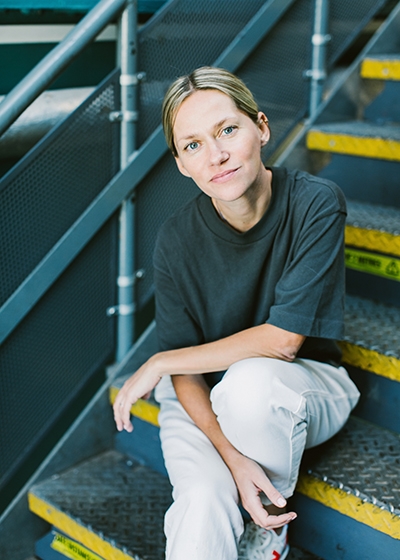
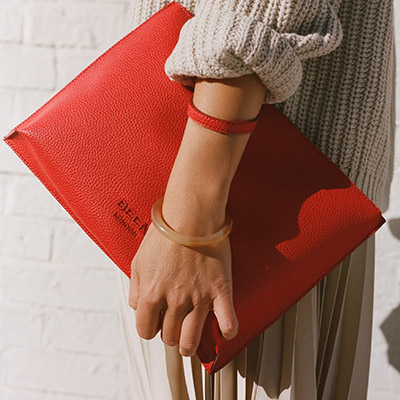
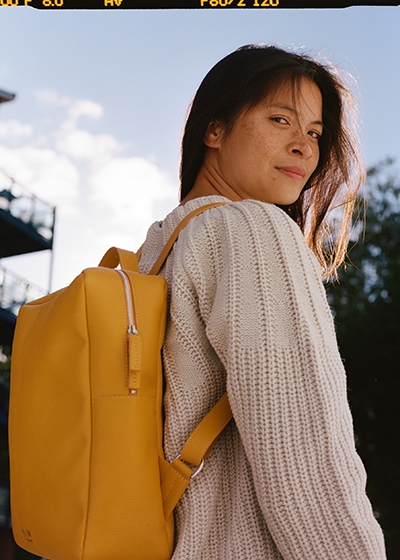
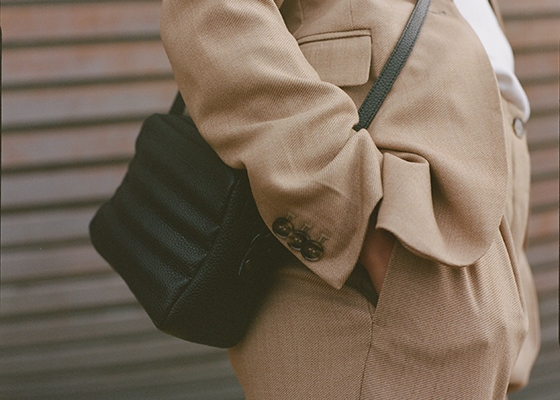
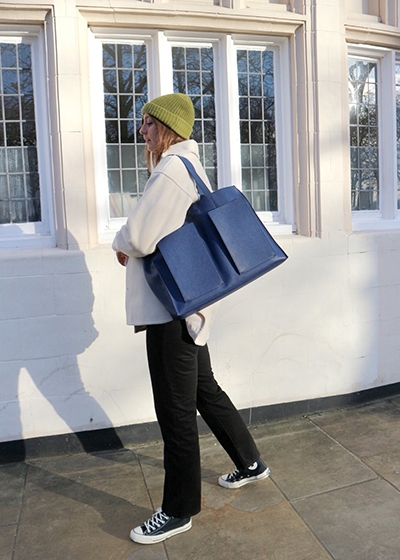
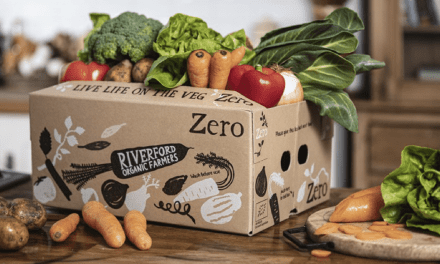
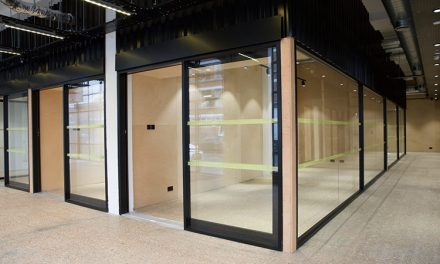
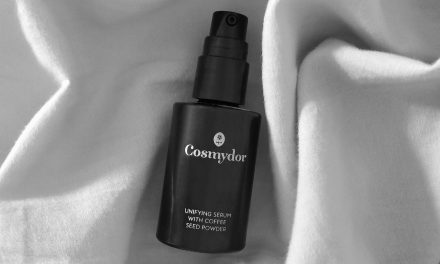
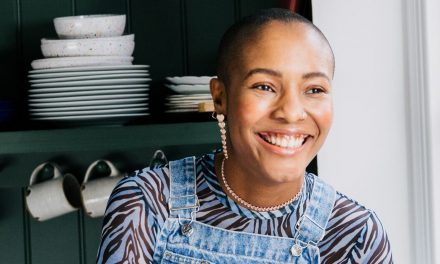
Trackbacks/Pingbacks